Weights vs. Bodyweight: Which Is Better for Home Workouts?
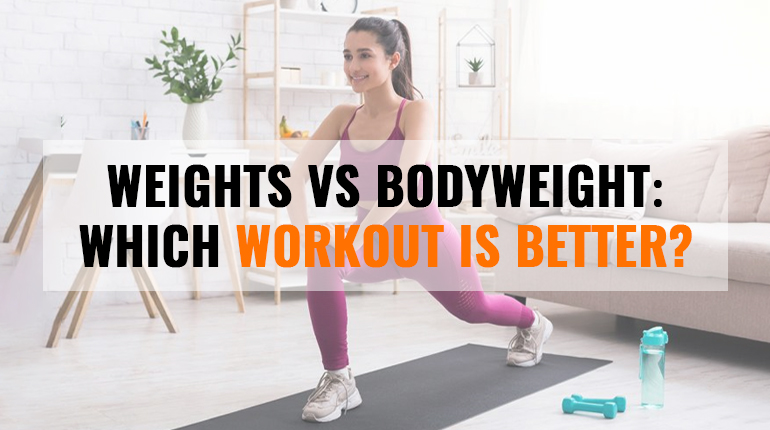
A typical individual doesn’t have time to go to the gym and relax because of their fast-paced, repetitive, stressful lives. Home workouts have now emerged as a convenient alternative to aid one in cultivating one’s health. One of the biggest debates surrounding home workouts is whether or not to invest in gym equipment.
It can be difficult to pick between the simplicity and affordability that home exercises provide without equipment and the variety and more advanced scope for progress that the usage of equipment offers.
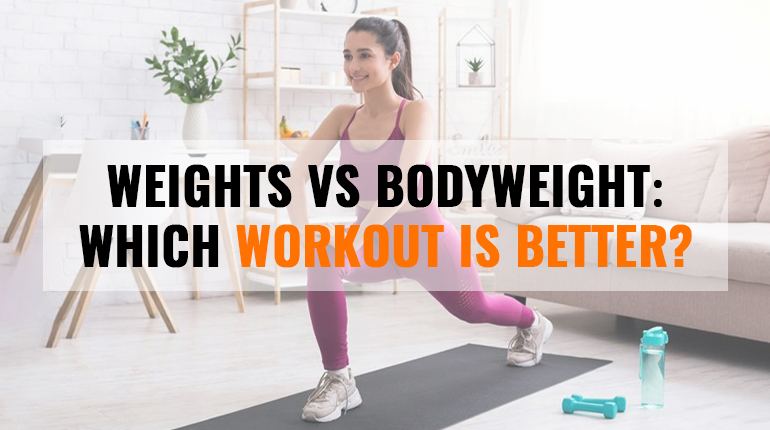
Investing your time and energy in the most suitable method of workout based on your needs and end goal will help bring about a more fruitful harvest. Exploring the pros and cons of home workouts with and without gym equipment can help you decide what’s best for you.
Ways to Exercise Without Equipment and Their Benefits
Home workouts without equipment are a popular and effective way to exercise at home, without the need for any specialized equipment. These workouts are often referred to as “bodyweight exercises,” as they rely solely on using your own body weight as resistance to build strength and endurance. Some common bodyweight exercises include push-ups, squats, lunges, planks, and burpees. These exercises can be done in a variety of different combinations, creating a full-body workout that targets multiple muscle groups.
In addition to traditional bodyweight exercises, there are also a number of popular fitness programs that focus on home workouts without equipment, such as Pilates, Yoga, and Calisthenics.
Here are five methods of home workouts without equipment and their benefits:
1. Bodyweight exercises
As previously mentioned, bodyweight exercises use your own body weight as resistance and include exercises like push-ups, squats, and lunges. These exercises can help build strength, endurance, and muscle tone. Bodyweight exercises also improve functional fitness by strengthening the muscles needed for everyday activities like lifting groceries or carrying a child.

2. Cardiovascular exercise
Cardiovascular exercise, or cardio, can be done without any equipment by jogging in place, doing jumping jacks, or even dancing. Cardio helps improve cardiovascular health, increases endurance, and burns calories. Regular cardio can also help reduce the risk of chronic diseases like heart disease and diabetes.
3. Yoga
Yoga is a low-impact exercise that focuses on flexibility, balance, and strength. Practicing yoga regularly can help improve flexibility and range of motion, reduce stress and anxiety, and improve overall body awareness. There are many online resources available to help beginners get started with yoga at home.

4. Pilates
Pilates is a form of exercise that focuses on core strength, flexibility, and balance. Pilates exercises are low-impact and can be done without any equipment. Pilates can help improve posture, reduce back pain, and increase overall body strength.

5. HIIT (High-Intensity Interval Training)
HIIT is a form of exercise that alternates short periods of high-intensity exercise with periods of rest. HIIT workouts can be done without any equipment by using bodyweight exercises like jumping jacks, burpees, and mountain climbers. HIIT workouts are great for burning calories, increasing endurance, and improving cardiovascular health.

By incorporating these methods of home workouts into your routine, you can improve your overall fitness level and achieve your health goals without the need for expensive gym memberships or equipment. These methods are accessible and customizable, making it easy to maintain a consistent exercise routine at home.
Ways to Exercise With Equipment and Their Benefits
1. Dumbbell workouts
Dumbbells are a great way to add resistance to your home workout routine. They come in various weights, making it easy to increase the resistance as you get stronger. Dumbbell exercises help build muscle and improve strength in the upper body, lower body, and core. They can also help increase bone density and reduce the risk of osteoporosis.
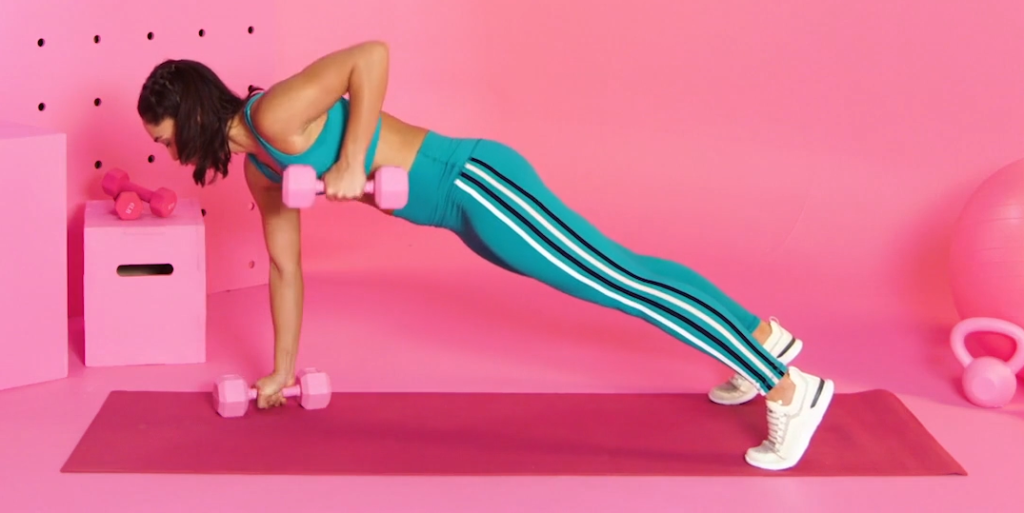
2. Resistance band training
Resistance bands are a lightweight and portable alternative to weights, making them ideal for home workouts. They come in different levels of resistance, allowing you to adjust the difficulty of your exercises. Resistance band training helps improve strength, endurance, and flexibility. It can also be used for physical therapy and rehabilitation exercises.
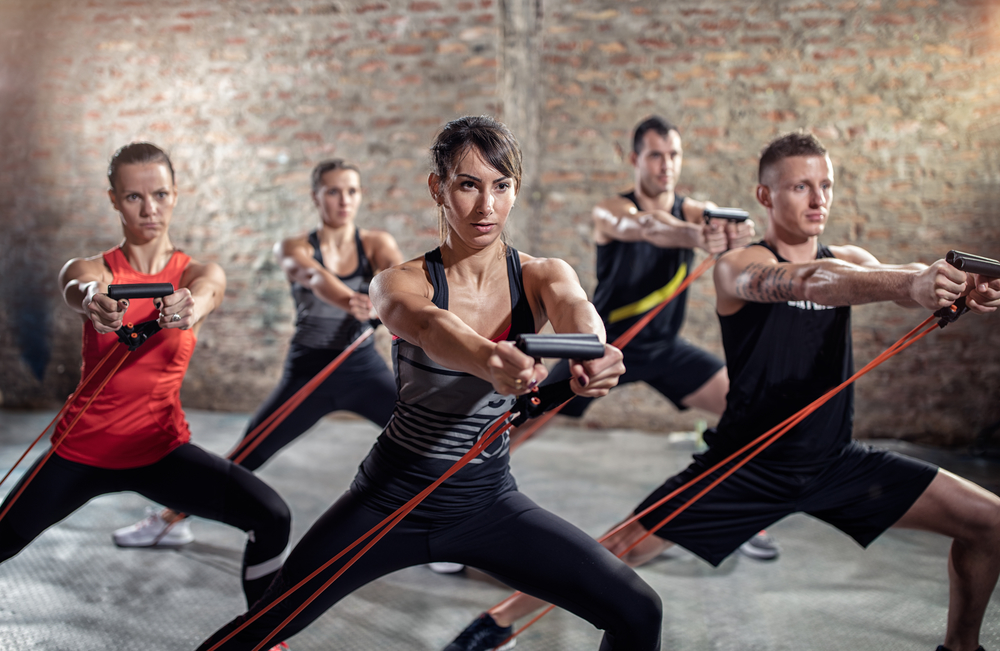
3. Kettlebell workouts
Kettlebells are a type of weight that can be used for a variety of exercises, including swings, deadlifts, and squats. Kettlebell workouts help improve strength, balance, and endurance. They can also help improve cardiovascular health, making them a great addition to any home workout routine.

4. Cardio machines

Cardio machines like treadmills, ellipticals, and stationary bikes offer an effective way to get a cardiovascular workout at home. They help improve cardiovascular health, increase endurance, and burn calories. These machines also offer a variety of programs and settings, allowing you to adjust the intensity and duration of your workout.
5. TRX training
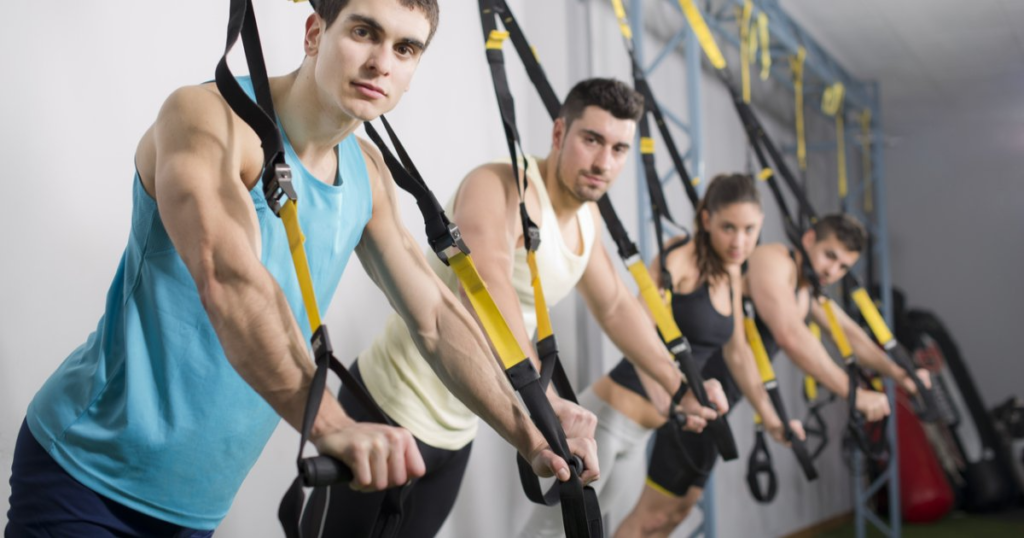
TRX is a suspension training system that uses straps and your own body weight for resistance. TRX training can be done at home with a simple anchor point, and it helps improve core strength, balance, and stability. TRX training also targets multiple muscle groups at once, making it a time-efficient way to get a full-body workout.
Making the Choice
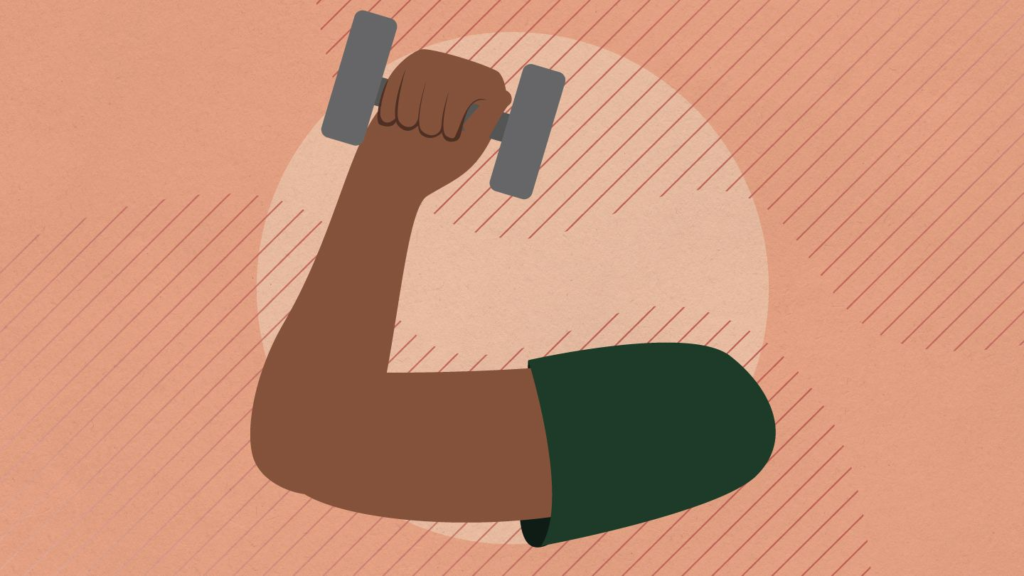
Incorporating these methods of home workouts with equipment into your routine can help you achieve your fitness goals more efficiently. Using weights and resistance bands helps build strength and increase bone density, while cardio machines and TRX training help improve cardiovascular health and overall fitness. By having access to this equipment at home, you can save time and money on gym memberships while still achieving a challenging and effective workout.


